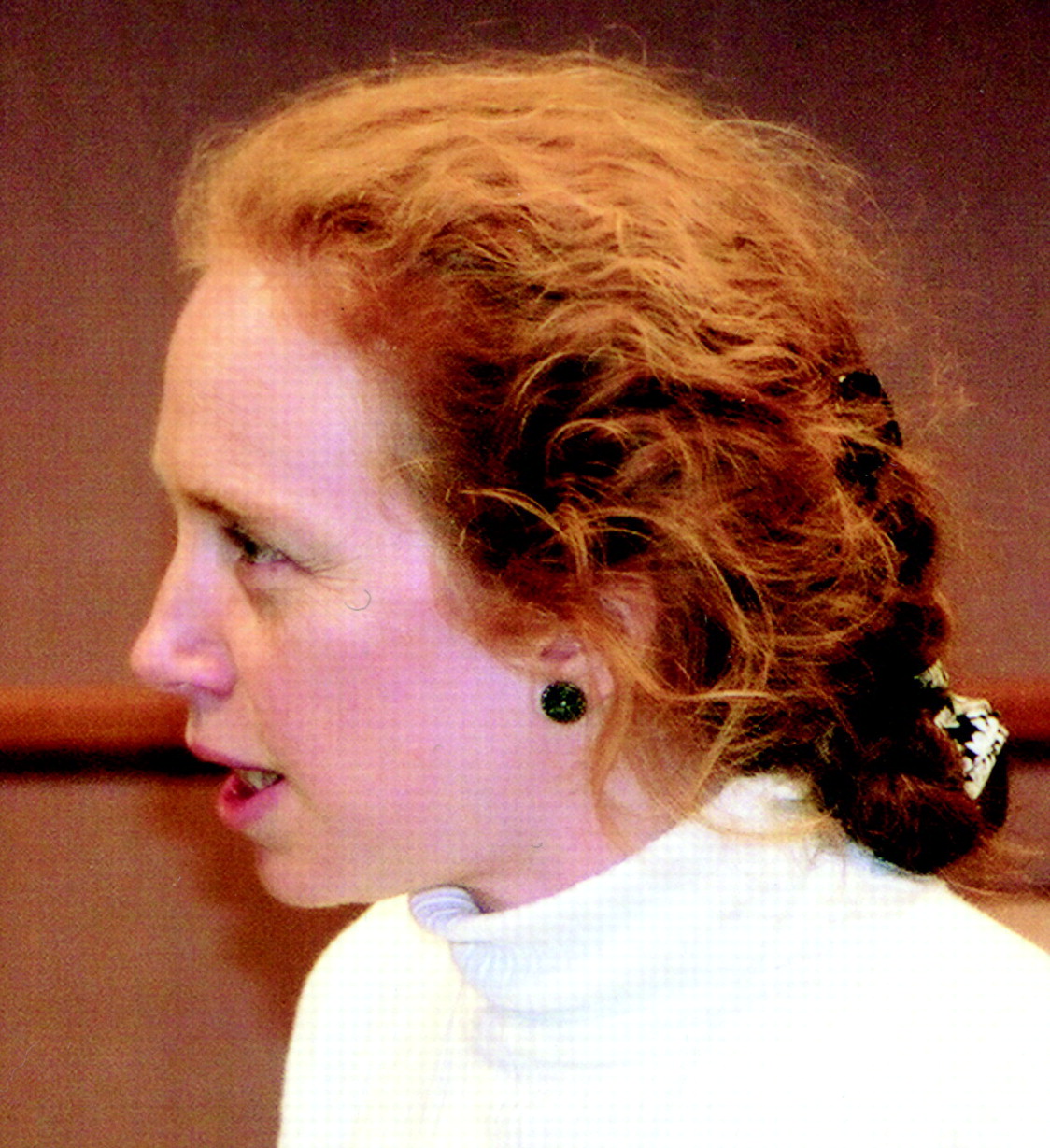Terrorism Leaving Its Mark On Psychiatrists’ Practices
It was billed as a “facilitated discussion,” a session less formal than the symposia or lectures more common to APA’s Institute on Psychiatric Services. However, the topic of discussion during this particular hour and a half last month in Orlando held true to the heart and soul of the institute’s mission of improving clinical services. This session held particular significance for everyone involved in helping the nation recover from the horrific effects of September 11.

Paula Panzer, M.D., discusses the unique challenges now faced by psychiatrists following the events of September 11.
Panzer, as deputy chief psychiatrist for the Jewish Board of Family and Children’s Services Inc. in New York City, has been immersed in an ongoing, on-the-spot training in trauma services, as she has cared for her existing as well as new patients.
“There really is no manual for dealing with what we are experiencing,” Panzer told Psychiatric News, noting that there are no geographic boundaries to the traumatic effects. “In a way, we were all at ground zero, and we still are. And there really are very few ‘experts’ in the field of trauma or disaster psychiatry. Even those experts are feeling isolated.”
Panzer encouraged the psychiatrists attending the session to describe their own reactions to the events of September 11 and the way that those reactions affected their interactions with patients. Because of the sensitivity of their comments, those attending this session were assured by Psychiatric News that their names would not be used.
“I work in a community mental health center—not anywhere geographically close to ground zero,” began one psychiatrist, “and on Wednesday, September 12, I began my morning with three patients who were in for AIMS [Assessment for Involuntary Movement] exams.”
Each of the patients was to be evaluated for signs of tardive dyskinesia as a consequence of taking antipsychotic medications. When the psychiatrist detected a fine tremor in the hands of all three of the patients, he became concerned, especially since the third had been stable on her medications for years.
“Only after the third patient did I realize that it was my hands that were shaking,” he told the group.
The poignancy of his comments was not lost on the others attending the session, each of whom seemed somewhat surprised to find that they were more strongly affected by the events than they would have thought possible.
“I have done more self-disclosure in the past few weeks than in my entire career,” said another psychiatrist. “And I don’t mean with myself. I mean between myself and my patients, because I am feeling many of the same senses of fear, anxiety, loss of safety that they are, and it helps them somehow to know that.”
“In this instance,” Panzer told the group, “aside from those with primary trauma . . .it makes it such that we slowly but consistently decrease our capacity to be empathic, to remain symptom free, and to be available to meet the patients’ needs. If we become more and more involved in the trauma ourselves, we lose our perspective as mental health professionals. Yet it is nearly impossible for that not to happen when the doctor has, in many ways, suffered the same trauma as the patient.”
For many participating in this session, this increase in both self-awareness and self-disclosure, a sharing of feelings with their patients, represented a core challenge to the fundamental parameters within which they practice.
“The stress includes the very idea that there is no model for us to follow here; there is no manual to clearly define what should and should not be done,” remarked one psychiatrist who was out of the country on September 11.
She had been on vacation since the end of August, and even though all her patients have her e-mail address, she had not received a single e-mail from a patient through the afternoon of the 11th. By the evening of the 12th, however, she had received more than 50 e-mails from patients.
“All of them were genuinely expressing concern for me, for my safety in returning home,” she said. When she read through them, she was shocked at the outpouring of concern by her patients and began to cry.
When she returned to her practice a week after the atrocity, her first patient came into the office and immediately gave her such a strong hug that the patient lifted her up off of her feet, telling her how glad he was to see her home safely.
“My first instinct was to freeze—this was such a huge boundary violation. But then it also seemed that the patient was comforted by it. What made me uneasy,” she admitted, “was that I was comforted by it as well.”
“Who we were, the rules we had, both as individuals and as a profession, were not what the patient really needed,” commented Sidney Weissman, M.D., a clinical professor of psychiatry at Northwestern University, who co-chaired the session with Panzer. “The challenge to our roles as therapeutic providers is that we are acting on being impacted by the horror of this, rather than as the nice, neat, and tidy psychiatrist.” ▪



